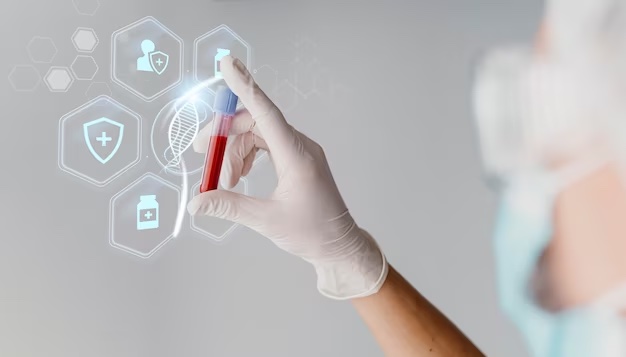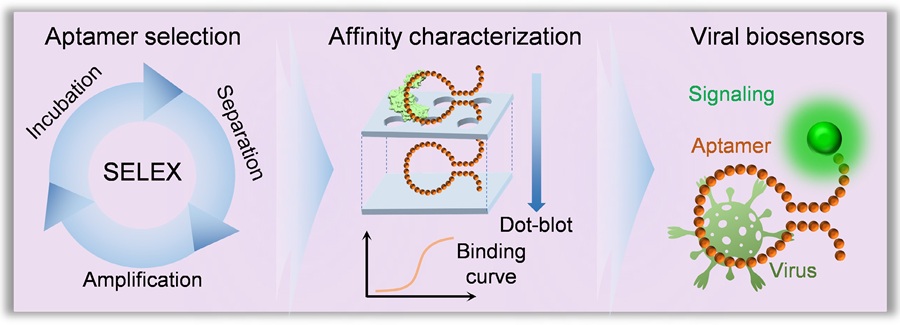Electronic Biosensor Detects Biomarkers in Whole Blood Samples without Addition of Reagents
Posted on 24 Apr 2023
The absence of robust, reliable, and user-friendly bioanalytical tools for early and timely diagnosis of cardiovascular diseases, particularly sudden cardiac arrest, leads to preventable deaths and imposes a significant economic burden on global healthcare systems. Numerous studies have established connections between various cardiovascular diseases and specific protein biomarkers in the blood. However, current methods for analyzing these protein biomarkers, such as ELISA or western blot assays, involve multistep, reagent-intensive processes and require specialized laboratory equipment, limiting their practical applicability and resulting in delayed treatment, reduced compliance, and worse outcomes. Consequently, there is an urgent need for novel methods that enable direct, reagent-free analysis of molecular analytes to identify cardiovascular abnormalities in their early stages and prevent or mitigate their progression.
A team of researchers at University of Toronto (Ontario, Canada) and Northwestern University (Evanston, IL, USA) has designed an electronic biosensor utilizing DNA aptamers to detect biomarkers in whole blood samples without the need for additional reagents. These DNA aptamers recognize marker proteins as effectively as antibodies, but they are simpler to produce and more versatile. The biosensor successfully identified clinically relevant levels of a cardiovascular disease marker protein without further sample preparation.

The researchers' goal was to create diagnostic tools capable of directly, reliably, and in-field detection of disease biomarkers, eliminating the need to send samples to specialized labs for analysis. The chip-based device developed by the researchers employs chronoamperometric measurements to identify marker proteins in complex samples. Their nanoscale sensor system functions as a molecular "pendulum," measuring the extra load a protein places on the pendulum, which consists of a DNA strand attached to an electrode, without requiring external reagents.
While antibodies are typically used to locate and bind marker proteins in complex mixtures, their complexity makes designing and producing them a challenge. Instead, researchers found that smaller, simpler DNA aptamers can be used as alternatives to antibodies. DNA aptamers are short synthetic fragments with specific shapes and structures, relatively easy and inexpensive to produce, and their structures can be customized. Like antibodies, DNA aptamers can bind marker proteins through molecular and structural interactions but are simpler to design.
The researchers developed an aptamer-based sensor by creating a DNA aptamer specific to B-type natriuretic peptide (BNP), a cardiovascular disease biomarker, and connecting it to the DNA pendulum strand tethered to a gold electrode, forming the molecular pendulum sensor. This biosensor effectively detected BNP, even in complex samples such as unprocessed whole blood from cardiac patients. As the sensitivity of the aptamer-based system was found to be comparable to that of antibody-based detection, the researchers recommend further exploration and adoption of DNA aptamers for laboratory-independent diagnostics.
Related Links:
University of Toronto
Northwestern University









 Analyzer.jpg)



